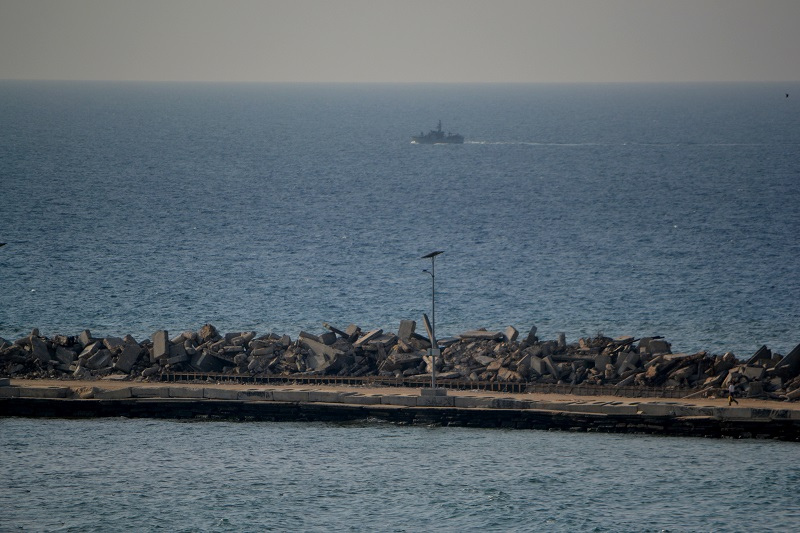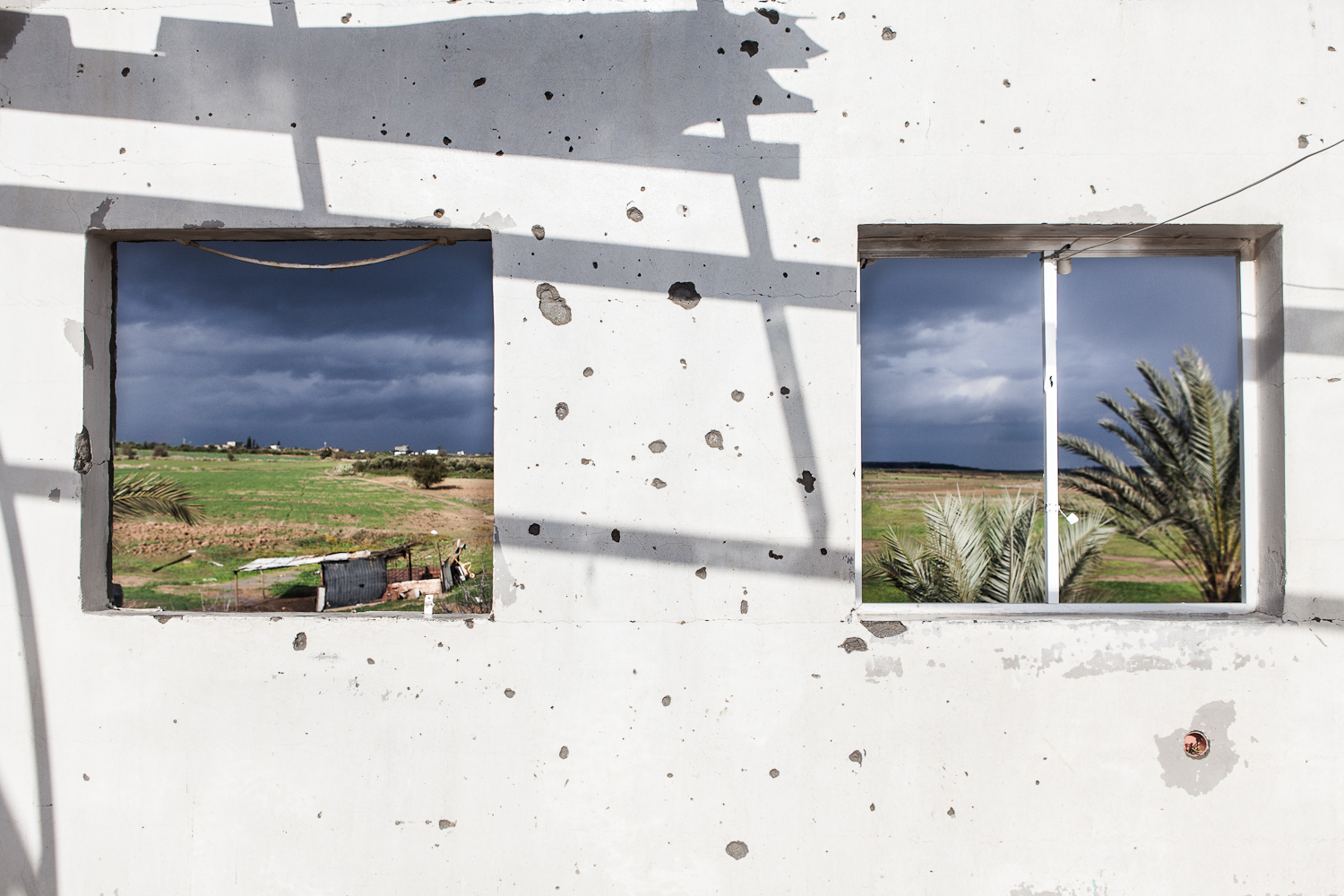Tag: Fishermen
-
Israeli forces capture two Palestinian fishermen and seize their boat off Gaza
21st November 2013 | International Solidarity Movement, Rosa Schiano | Gaza, Occupied Palestine On Sunday, 17th November 2013, two Palestinian fishermen were captured by Israeli naval forces, who also confiscated their boat, in Gaza waters. Ammar Asad al-Sultan, age 19, and Mohsen Zayed, age 25, were on a small fishing boat, or hasaka, without an engine,…
-
Israeli navy captures two Gaza fishermen, including one injured by gunfire
13th November 2013 | International Solidarity Movement, Rosa Schiano | Gaza, Occupied Palestine On the morning of Sunday, 10th November, brothers Saddam Abu Warda (age 23) and Mahmoud Abu Warda (age 18) were captured by the Israeli navy in Palestinian waters off the Gaza Strip. They were released later in the evening and their boat…
-
In Gaza, hundreds of miles from the battlefield
28th October 2013 | International Solidarity Movement, Charlie Andreasson | Gaza, Occupied Palestine Drones fly over rooftops at night, awakening peoples’ memories. They may only patrol, or carry deadly cargo with them. F-16 planes draws streaks across the sky. Here on the ground, no one knows what order the pilot has for the day. Tanks raid…



